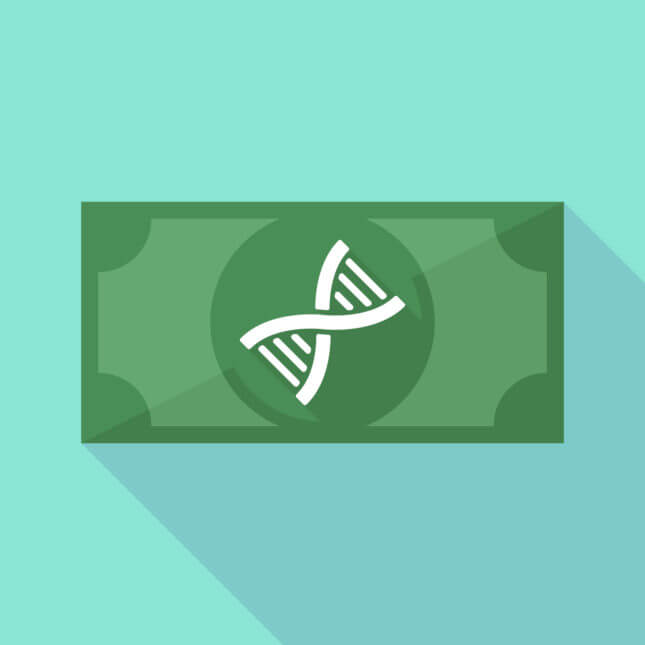Researchers Want to Link Your Genes and Income—Should They?
By Megan Molteni,
Wired
| 04. 12. 2019
THE UK BIOBANK is the single largest public genetic repository in the world, with samples of the genetic blueprints of half a million Brits standing by for scientific study. But when David Hill, a statistical geneticist at the University of Edinburgh, went poring through that data, he wasn’t looking for a cure for cancer or deeper insights into the biology of aging. Nothing like that. He was trying to figure out why some people make more money than others.
Along with a team of European collaborators, Hill sifted through the UK Biobank data to find about 286,000 participants who had answered a survey question about household income. Using that information they conducted something called a Genome Wide Association Study, where they looked at 18 million places in the genome to see which ones matched up with higher paychecks. They uncovered about 30, which account for 7.4 percent of household income variation across the United Kingdom. (For some context, another way of viewing the results is to say that 92.6 percent of a person’s income is explained by factors ...
Related Articles
By Scott Solomon, The MIT Press Reader | 02.12.2026
Chris Mason is a man in a hurry.
“Sometimes walking from the subway to the lab takes too long, so I’ll start running,” he told me over breakfast at a bistro near his home in Brooklyn on a crisp...
By Diaa Hadid and Shweta Desai, NPR | 01.29.2026
MUMBRA, India — The afternoon sun shines on the woman in a commuter-town café, highlighting her almond-shaped eyes and pale skin, a look often sought after by couples who need an egg to have a baby.
"I have good eggs,"...
By George Janes, BioNews | 01.12.2026
A heart attack patient has become the first person to be treated in a clinical trial of an experimental gene therapy, which aims to strengthen blood vessels after coronary bypass surgery.
Coronary artery bypass surgery is performed to treat...
By Staff, ScienceDaily | 01.05.2026
Scientists at UNSW Sydney have developed a new form of CRISPR technology that could make gene therapy safer while also resolving a decades-long debate about how genes are switched off. The research shows that small chemical markers attached to DNA
...




